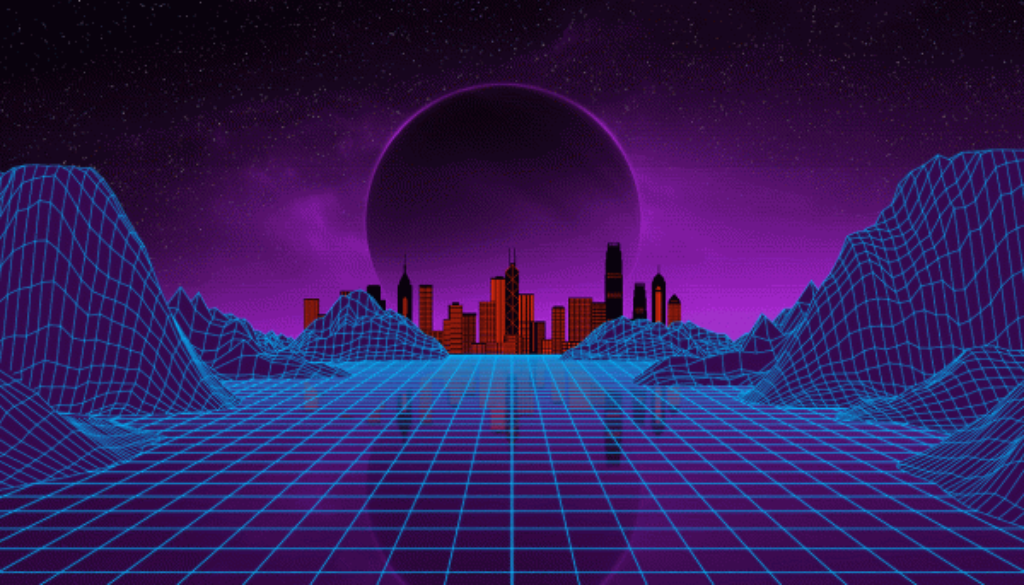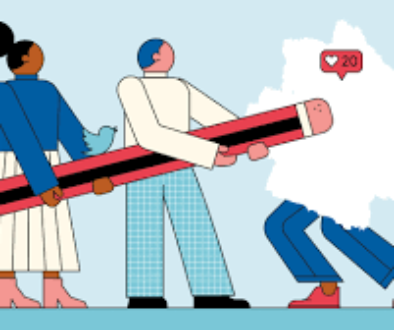The metaverse: Are We Ready for the Digital Revolution?
Strap in, because the future is coming faster than you can say “virtual avatar.” The Metaverse isn’t just a sci-fi dream anymore; it’s real, it’s coming, and it’s set to change everything about reality. This isn’t just a tech trend — it’s a paradigm shift in how we interact with the world. So, are we ready for this digital revolution?
Reality Redefined: What Is the Metaverse?
Let’s start with the basics. The Metaverse is a shared digital space that blends virtual reality, augmented reality, and the internet. Picture a world where you can teleport from a concert to a meeting without leaving your living room. Your avatar — a digital version of you — could dance on a stage in Tokyo, buy a virtual yacht in Monaco, or attend a lecture at MIT. The Metaverse isn’t just a place; it’s a layer of reality on top of our own.
Neal Stephenson first coined the term “Metaverse” in his 1992 novel Snow Crash. But the idea has evolved far beyond fiction. Tech giants like Meta, Microsoft, and Google are investing billions to build this new world. Early attempts like Second Life paved the way, but today’s vision of the Metaverse is more immersive and expansive.
The Metaverse merges physical and digital realities seamlessly. Imagine wearing AR glasses that project digital info onto your surroundings. You could see product details in a store, get real-time navigation, or watch virtual avatars at a concert. This vision is powered by AI, AR, VR, blockchain, and 5G technologies.
Work, Play, and Love in the Metaverse
The Metaverse will change how we work, play, and even fall in love. Imagine working from anywhere — no more commutes or cubicles. You could brainstorm with colleagues on a digital beach or hold meetings in a medieval castle. Productivity might soar, but the lines between work and life could blur until they disappear.
Companies like Meta and Microsoft are already developing virtual office solutions. Microsoft’s Mesh for Teams allows workers to join meetings as avatars in virtual spaces. Meta’s Horizon Workrooms offers similar experiences. These tools could revolutionize remote work, but there are concerns about privacy, burnout, and blurred boundaries.
The Metaverse will also transform entertainment. Games could keep evolving after you log out, and social interactions will go far beyond Zoom calls. Attend concerts, play games, or hang out with friends, all from your living room. But the risk of losing touch with reality is real — will we trade sunsets for pixels?
Even love might change. Virtual first dates could happen on the moon or inside a Van Gogh painting. Relationships could form across oceans, transcending physical boundaries. But there’s a danger of getting too comfortable with simulated realities, which can never replace human touch.
The Risks We Need to Talk About
The Metaverse is exciting, but it comes with risks. Privacy could become a thing of the past. In a world that tracks your every move, how much of “you” is still yours? Tech giants are shaping this new reality, but their motives aren’t always aligned with the public good. The potential for data misuse, surveillance, and manipulation is staggering.
Companies already collect vast amounts of data, but in the Metaverse, they could track your every movement and emotion. This data could be used to target ads or even manipulate behavior. Ownership in the digital world is also complex — if you buy a virtual house, do you really own it, or are you at the mercy of the platform?
The mental health impact is another concern. It’s tempting to escape into a perfect digital world, especially when real life is messy. But what happens when we prefer the digital over the physical? The more immersive the Metaverse becomes, the more disconnected we might feel from the real world.
Economic Opportunities and Challenges
The Metaverse also brings new economic opportunities. Virtual real estate is booming, with companies like Decentraland and The Sandbox selling plots of land. Virtual concerts, digital fashion, and fitness training are emerging revenue streams.
The Metaverse economy will run on cryptocurrencies and blockchain. NFTs will allow users to buy and sell virtual goods securely. But there are concerns about financial bubbles and instability. Traditional industries like real estate and retail could also face disruption as virtual tours and showrooms become more common.
However, access to the Metaverse may not be equal. Economic inequality could widen if only those who can afford the technology can participate.
Are We Ready for This?
The Metaverse promises a new way of living that could bring us closer, spark creativity, and open new doors. But the risks are just as great as the rewards. As we approach this digital revolution, we must ask: Are we ready for such a shift?
To harness the power of the Metaverse, we must tread carefully. We need to set rules, create digital ethics, and ensure the Metaverse benefits everyone — not just corporations. Data privacy, digital rights, and accessibility must be priorities. We also need to consider the environmental impact of this new reality. Blockchain and data centers consume massive amounts of energy. As we advance, we must also consider sustainability.
So, are we ready? It’s hard to say. One thing’s for sure: the future is coming fast, and it’s going to redefine reality as we know it. We have to decide what role we’ll play in this new world — creator, participant, or spectator.
The Final Word: The Revolution Has Begun
The Metaverse is the next big thing, and it’s coming fast. It will change how we work, socialize, and even love. Are we ready? Maybe, maybe not. But one thing’s certain: the future is here, and it’s going to be one wild ride.
The Metaverse is a blank canvas, waiting for us to decide what to paint on it. It could bring out the best in humanity — creativity, innovation, connection. But it could also bring out the worst — division, exploitation, and escapism. The choices we make today will shape the future of both the Metaverse and our reality.
Are you ready to dive in, or do you have concerns? Let’s talk about what the future might hold.


